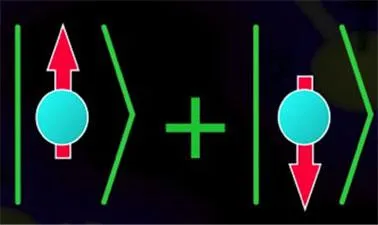
Quantum Information Science II 
This advanced graduate physics course covers topics such as designing new quantum algorithms, exploring multi-party quantum protocols, and understanding quantum bits and quantum logic gates. Students will gain a deeper understanding of quantum mechanics and its applications. ▼
ADVERTISEMENT
Course Feature
![]() Cost:
Cost:
Free
![]() Provider:
Provider:
Edx
![]() Certificate:
Certificate:
No Information
![]() Language:
Language:
English
![]() Start Date:
Start Date:
26th Sep, 2010
Course Overview
❗The content presented here is sourced directly from Edx platform. For comprehensive course details, including enrollment information, simply click on the 'Go to class' link on our website.
Updated in [March 06th, 2023]
Already know something about quantum mechanics, quantum bits and quantum logic gates, but want to design new quantum algorithms, and explore multi-party quantum protocols? This is the course for you!
In this advanced graduate physics course on quantum computation and quantum information, we will cover:
The formalism of quantum errors (density matrices, operator sum representations)
Quantum error correction codes (stabilizers, graph states)
Fault-tolerant quantum computation (normalizers, Clifford group operations, the Gottesman-Knill Theorem)
Models of quantum computation (teleportation, cluster, measurement-based)
Quantum Fourier transform-based algorithms (factoring, simulation)
Quantum communication (noiseless and noisy coding)
Quantum protocols (games, communication complexity)
Research problem ideas are presented along the journey.
Learner Testimonial
"This course is hard!"
-- Anonymous MIT graduate student
(Please note that we obtained the following content based on information that users may want to know, such as skills, applicable scenarios, future development, etc., combined with AI tools, and have been manually reviewed)
Learners of Quantum Information Science II can learn about the formalism of quantum errors, quantum error correction codes, fault-tolerant quantum computation, models of quantum computation, quantum Fourier transform-based algorithms, quantum communication, and quantum protocols. They can also explore research problem ideas and gain insight into the complexity of the subject matter. Additionally, they can gain an appreciation for the difficulty of the course from the testimonial of an anonymous MIT graduate student.
[Applications]
Those who have completed this course can apply their knowledge to design new quantum algorithms, explore multi-party quantum protocols, and use the formalism of quantum errors to understand and correct quantum errors. They can also use the models of quantum computation to teleport, cluster, and measure-based quantum computation. Additionally, they can use the quantum Fourier transform-based algorithms to factor and simulate, as well as use quantum communication and protocols for games and communication complexity.
[Career Paths]
1. Quantum Computing Engineer: Quantum Computing Engineers are responsible for designing, developing, and testing quantum computing systems. They must have a deep understanding of quantum mechanics, quantum algorithms, and quantum error correction codes. As the field of quantum computing continues to grow, the demand for Quantum Computing Engineers is expected to increase.
2. Quantum Information Scientist: Quantum Information Scientists are responsible for researching and developing new quantum algorithms and protocols. They must have a deep understanding of quantum mechanics, quantum computing, and quantum information theory. As the field of quantum computing continues to grow, the demand for Quantum Information Scientists is expected to increase.
3. Quantum Network Engineer: Quantum Network Engineers are responsible for designing, developing, and testing quantum networks. They must have a deep understanding of quantum mechanics, quantum algorithms, and quantum communication protocols. As the field of quantum computing continues to grow, the demand for Quantum Network Engineers is expected to increase.
4. Quantum Cryptographer: Quantum Cryptographers are responsible for researching and developing new quantum cryptography protocols. They must have a deep understanding of quantum mechanics, quantum algorithms, and quantum cryptography. As the field of quantum computing continues to grow, the demand for Quantum Cryptographers is expected to increase.
[Education Paths]
1. Master of Science in Quantum Information Science: This degree program focuses on the theoretical and practical aspects of quantum information science, including quantum computing, quantum communication, and quantum cryptography. Students will learn about the fundamentals of quantum mechanics, quantum algorithms, and quantum error correction. They will also explore the development of quantum protocols and quantum networks. This degree program is ideal for those interested in pursuing a career in quantum information science.
2. Doctor of Philosophy in Quantum Computing: This degree program focuses on the development of quantum computing algorithms and technologies. Students will learn about the fundamentals of quantum computing, quantum algorithms, and quantum error correction. They will also explore the development of quantum protocols and quantum networks. This degree program is ideal for those interested in pursuing a career in quantum computing research and development.
3. Master of Science in Quantum Computing and Networking: This degree program focuses on the development of quantum computing algorithms and technologies, as well as the development of quantum networks. Students will learn about the fundamentals of quantum computing, quantum algorithms, and quantum error correction. They will also explore the development of quantum protocols and quantum networks. This degree program is ideal for those interested in pursuing a career in quantum computing and networking research and development.
4. Doctor of Philosophy in Quantum Information Science and Technology: This degree program focuses on the development of quantum information science and technology. Students will learn about the fundamentals of quantum mechanics, quantum algorithms, and quantum error correction. They will also explore the development of quantum protocols and quantum networks. This degree program is ideal for those interested in pursuing a career in quantum information science and technology research and development.
Course Provider

Provider Edx's Stats at AZClass
Discussion and Reviews
0.0 (Based on 0 reviews)
Explore Similar Online Courses
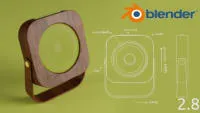
Blender 28 for Creative Professionals

Free Chemistry Tutorial - Chemistry - Guided Memorization Nomenclature

Python for Informatics: Exploring Information

Social Network Analysis

Introduction to Systematic Review and Meta-Analysis

The Analytics Edge

DCO042 - Python For Informatics

Causal Diagrams: Draw Your Assumptions Before Your Conclusions

Whole genome sequencing of bacterial genomes - tools and applications
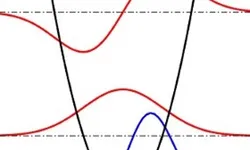
Foundations of Quantum Mechanics
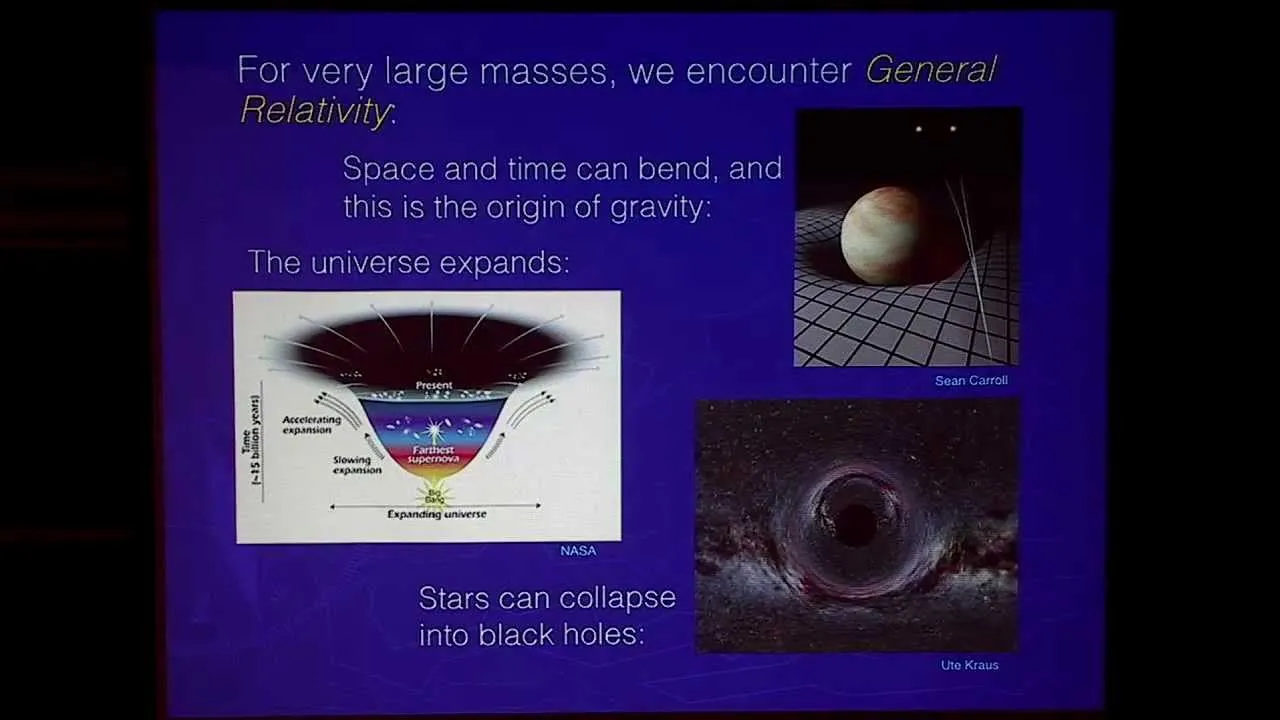
Gravity and Quantum Mechanics - The Quest for Unification
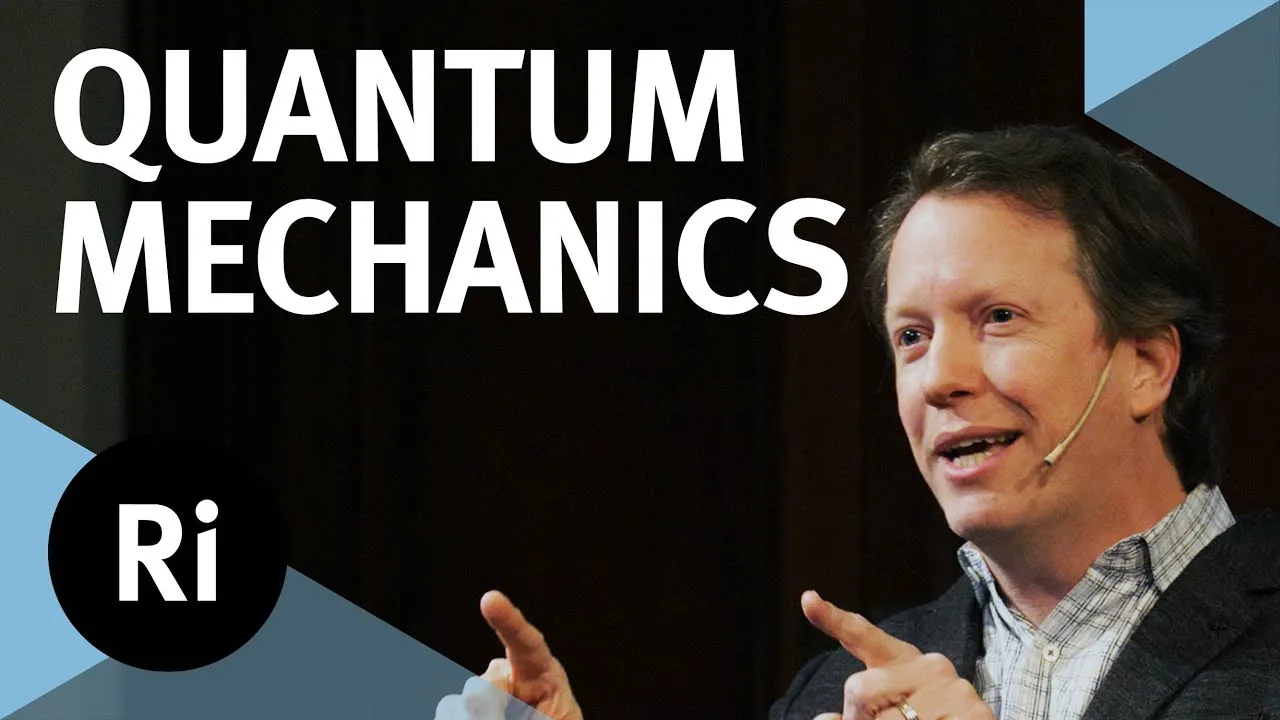

Start your review of Quantum Information Science II